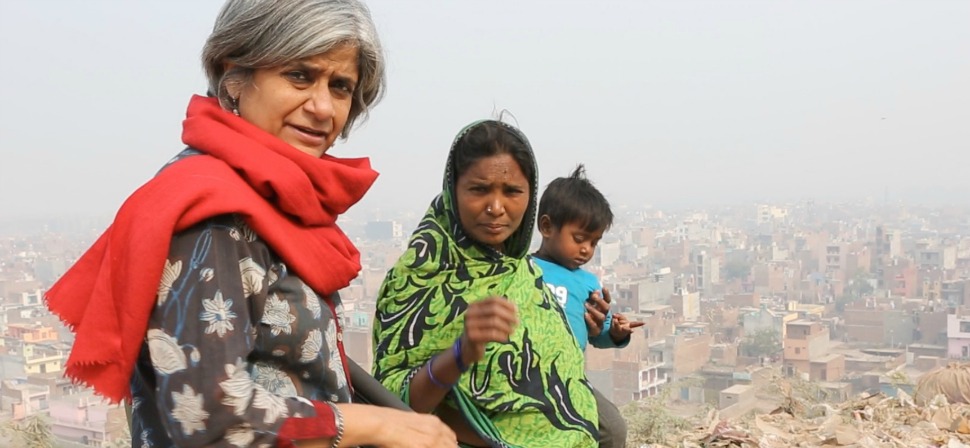John Tolley, March 1, 2017
If one were to rank the order of attractive and/or desirable things to work on, toilets would fall fairly low on that list.
But access to toilets and plumbing is one of the most essential parts of daily life in the developed world. One that is so ubiquitous it goes almost unnoticed. This isn?t the case, though, for millions worldwide.
Michigan State University alum Kamini Prakash is looking to change that and reshape the future of her native India.
As a technical officer for the Water Supply and Sanitation Collaborative Council, Prakash is tasked with identifying and addressing sanitation issues worldwide. In India alone, an estimated 550 million people lack proper access to toilet facilities, leaving many to literally use streets, empty lots, fields and open waterways for relief.
In 2014, the nation?s Prime Minister, Narendra Modi, launched the Clean India Mission, an ambitious plan to give access to toilets to the entire the populace by 2019. But, Prakash says, the mission falls short in a few key areas, namely that it overlooks its target demographic, many of whom are from the lowest rungs of the Indian caste system.
Prakash and the WSSC Council are working to give voice to these ignored groups, namely women and the poor. More than just an advocacy group, the Council connects these people with the policy makers and media that can help facilitate real change.
?We have found this to be a powerful way to enhance the voice and agency of these groups and individuals and to make them visible in the eyes of policy makers,? says Prakash, speaking to MSU Alumni Magazine.
According to Prakash, the repercussions from the lack of toilet access reach far beyond hygiene and sanitation. For instance, in public schools that lack gender-divided facilities, girls often will forgo attending during their menstrual period due to embarrassment. This, in turn, causes many to fall behind in their studies and can greatly impact the outcome of their lives.
Prakash is hopeful though. Documenting the stories of the marginalized, she is better able to train those in her organization that work on their behalf. And just last year, she notes, the foreign ministers of seven South Asians nations agreed to rules meant to safeguard the health and safety of sanitation workers, another group often at the fringes of society in India.







